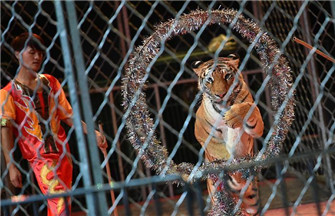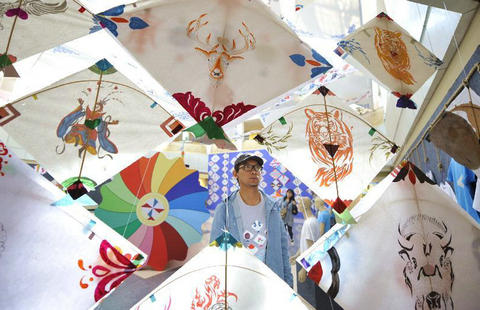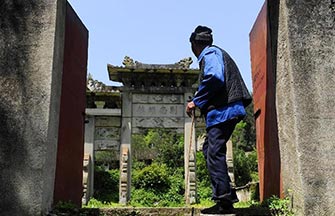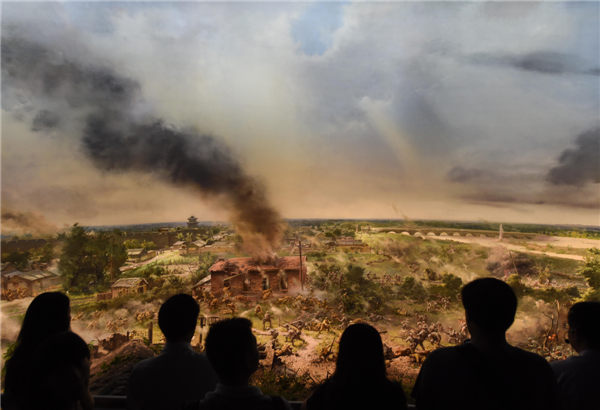 |
|
Visitors watch a multimedia show about the Marco Polo Bridge Incident on July 7, 1937. Photos provided to China Daily
|
The museum at Beijing's Marco Polo Bridge chronicles an era of anguish-before the final victory against Japanese invasion, Wang Kaihao reports.
The world marks the 70th anniversary of Japan's surrender to the Allies on Aug 15, but a Chinese museum has already attracted a daily stream of visitors who relive the War of Resistance against Japanese Aggression (1937-45) through thousands of exhibits that arouse a country's collective memory.
For the occasion, a new permanent exhibition was launched in July in the Museum of the War of Chinese People's Resistance Against Japanese Aggression located by Lugouqiao (also known as Marco Polo Bridge) in the southwest outskirts of Beijing, where the war broke out.
Gunshots ring out. Flares roar with smoke. A two-and-a-half-minute multimedia show, which combines oil painting and various types of technical effects, vividly takes visitors back to Lugouqiao on July 7, 1937, when Chinese troops' persistent and courageous fight against Japanese invasion began in earnest.
The 6,700-square-meter show displays 1,170 pictures and 2,834 pieces of wartime cultural relics, compared with around 900 pieces in previous exhibitions.
The show Great Victory, Historical Contributions is the museum's biggest expansion since its opening in 1987. About 100,000 people have seen it so far, according to museum statistics.

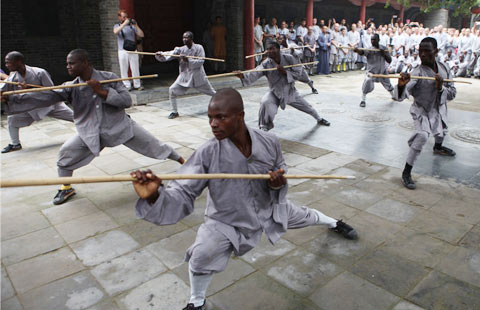

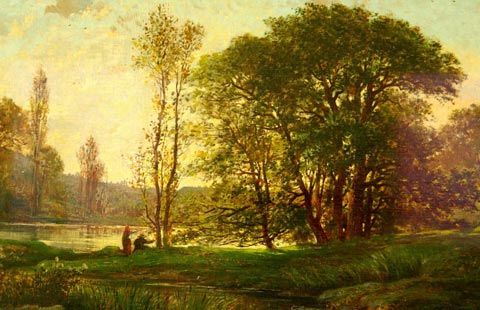

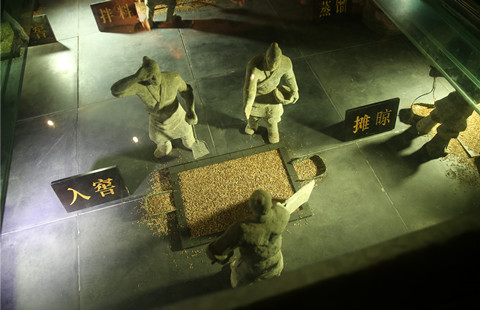
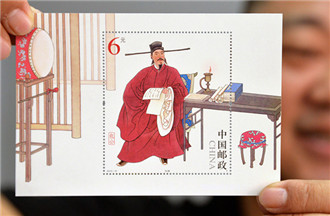


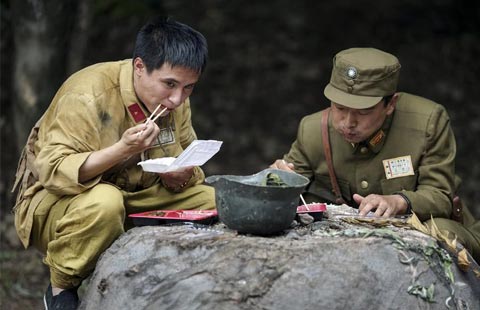











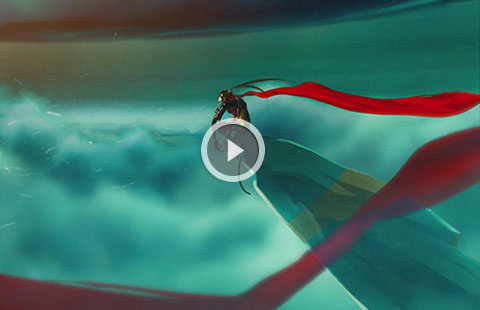

 Raymond Zhou:
Raymond Zhou: Pauline D Loh:
Pauline D Loh: Hot Pot
Hot Pot Eco China
Eco China China Dream
China Dream China Face
China Face
